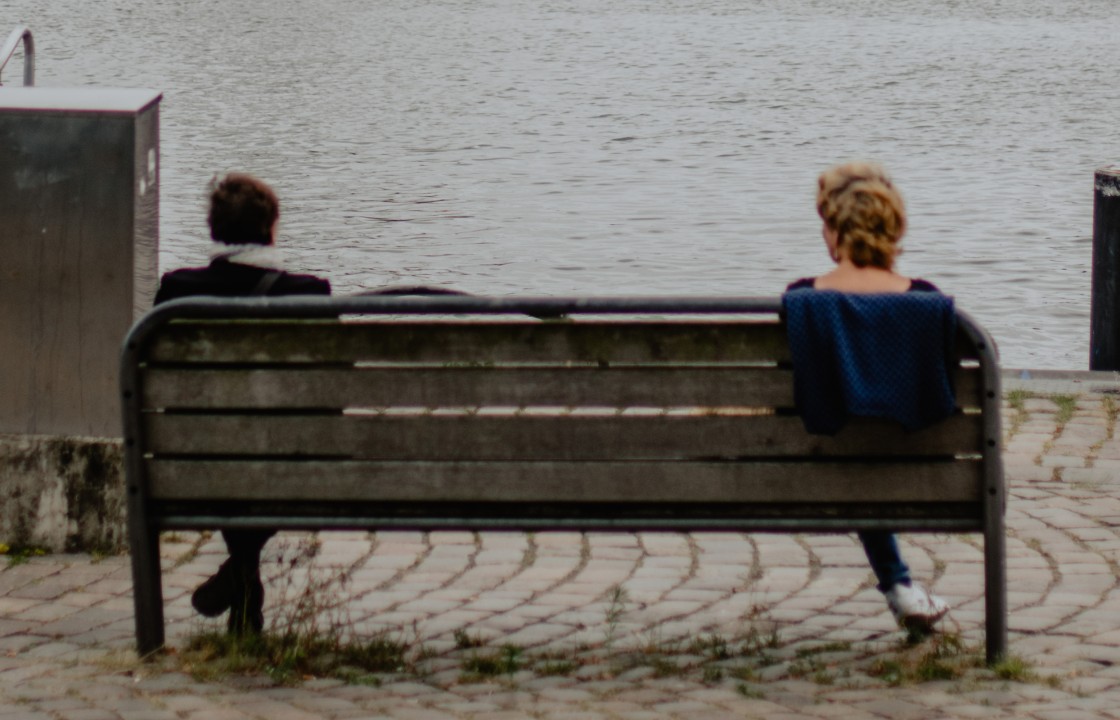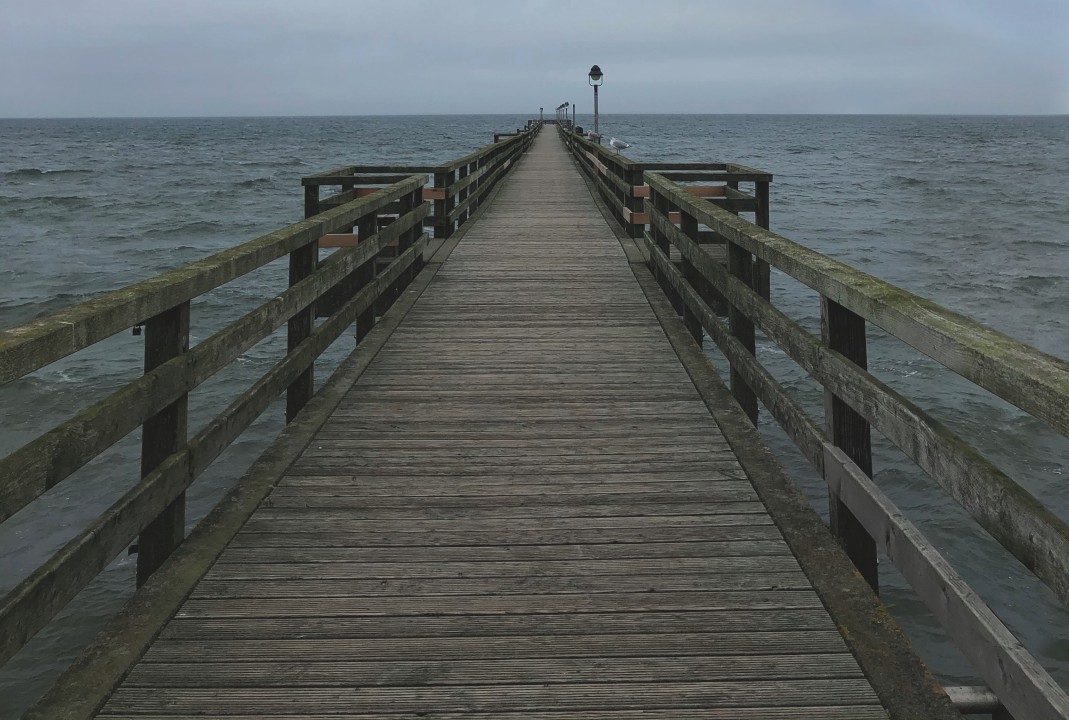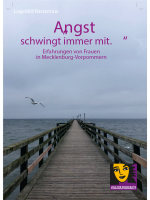Closing remarks
Conclusion
Many people living in Mecklenburg-Western Pomerania, regardless of whether they have a migration background, were forced to flee, were born here, and/or grew up here, have experienced times of change. They had to navigate processes of change, understand new realities, and sometimes face adversities.
But that has more to do with what I perceive as a fundamental attitude towards life that people here have, which I feel somewhat obstructs the path to happiness. And that's why I believe it's important to gain experiences in other places, to see what it feels like, what living there feels like. And that this is actually also possible here. But I also carried this Vorpommern feeling around with me for a long time.

Is that a reason why people here seemingly take longer to get close to others, that this approach literally resembles cracking a tough nut? Descriptions of a specific way of life and mentalities in Mecklenburg-Vorpommern are encountered frequently in the interviews with the women. The descriptions of how they perceive people are ambivalent.
I think that's great and I have to say that even today, when I think back to my youth, I consider it a plus. Of course, people didn't see it that way back then because they just wanted to know where the nearest nightclub was or something. And it was always so far away, you know, we always had to drive to Greifswald and stuff. Someone always had to drive, which was the short end of the stick. Instead, we spent our evenings on the beach with campfires and such. And I think to myself today, that was super cool. So, you had to be a bit more creative to make the most of your time, and I actually like that a lot today, too.
Mecklenburg-Vorpommern is more than just the façade of a tourist region, it is also more than the cliché of the disconnected East. The people living here have diverse life paths. Recognising this reality determines the urgent social issues of our time:
Who can come? Who can stay? How do we want to live together? How can the perspectives of those who are still marginalised today be more strongly integrated? What measures do policymakers, civil society organisations, and educational institutions plan to implement to make racism visible and promote anti-racism throughout all sectors of society?
In the spirit of a pluralistic and democratic society, we advocate for the participation of all, unhindered and free from discrimination.

